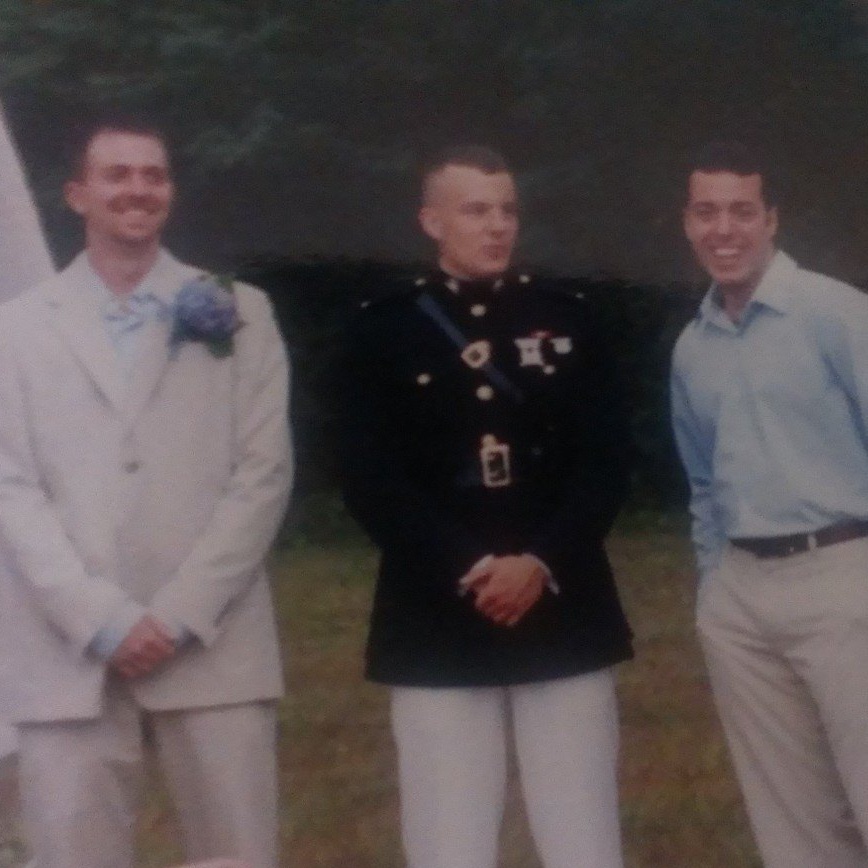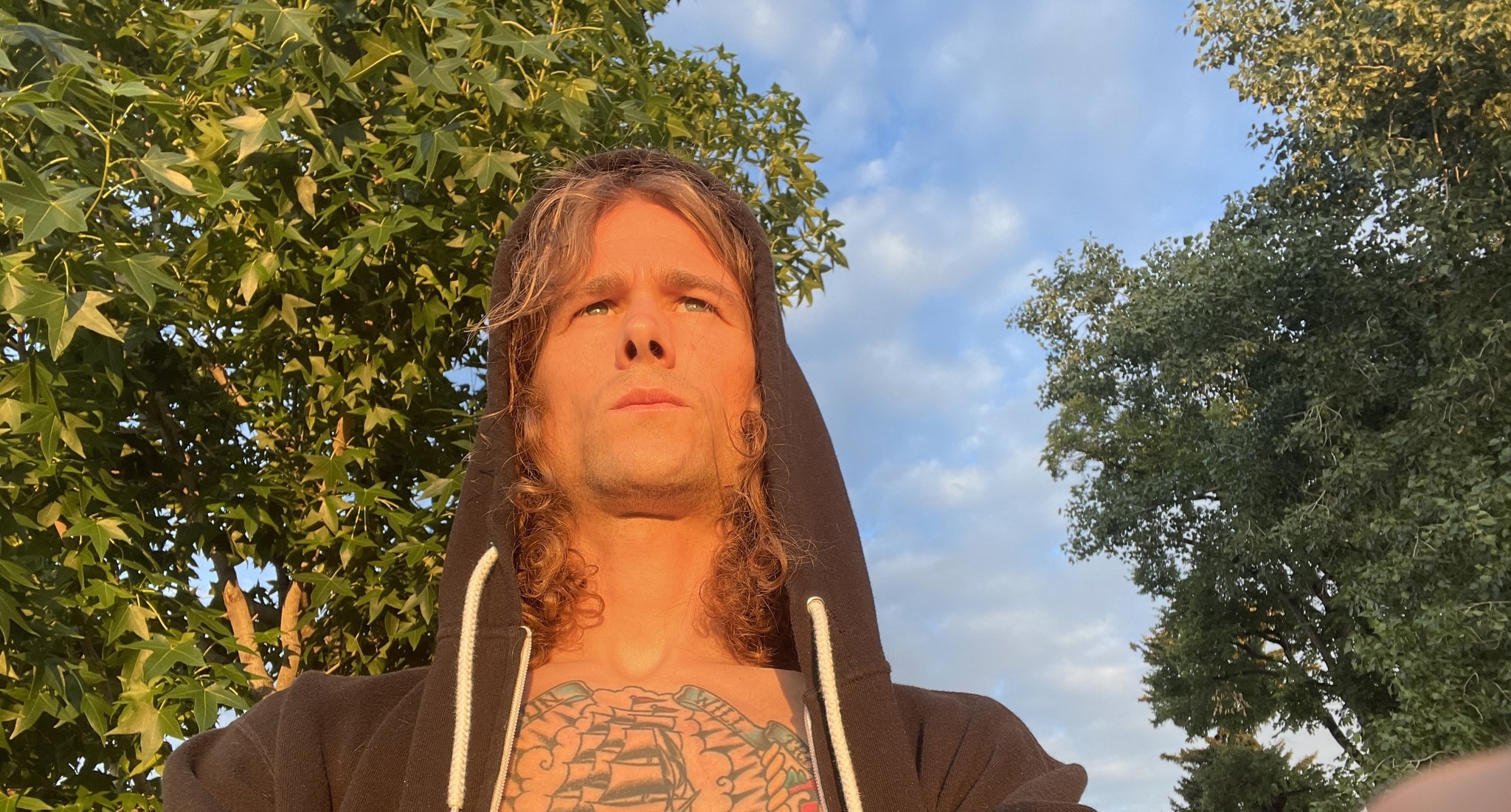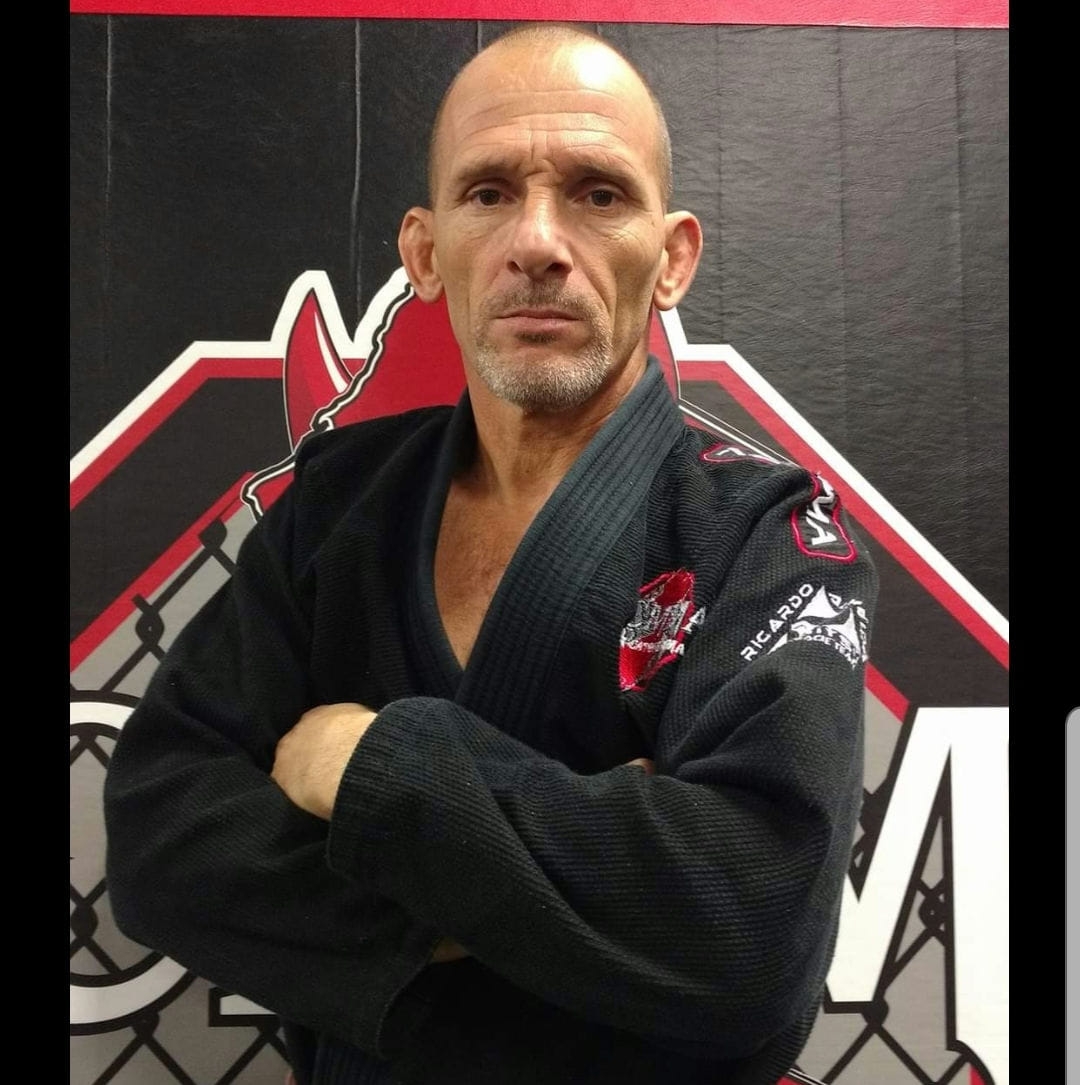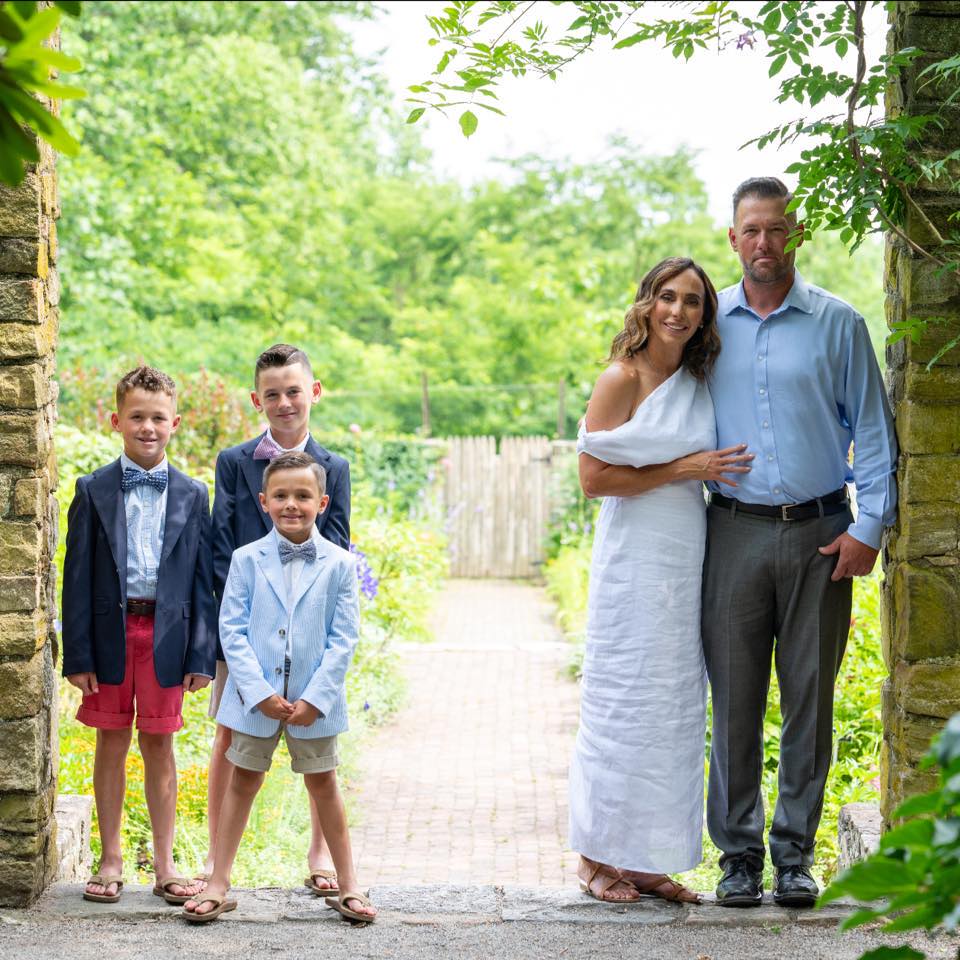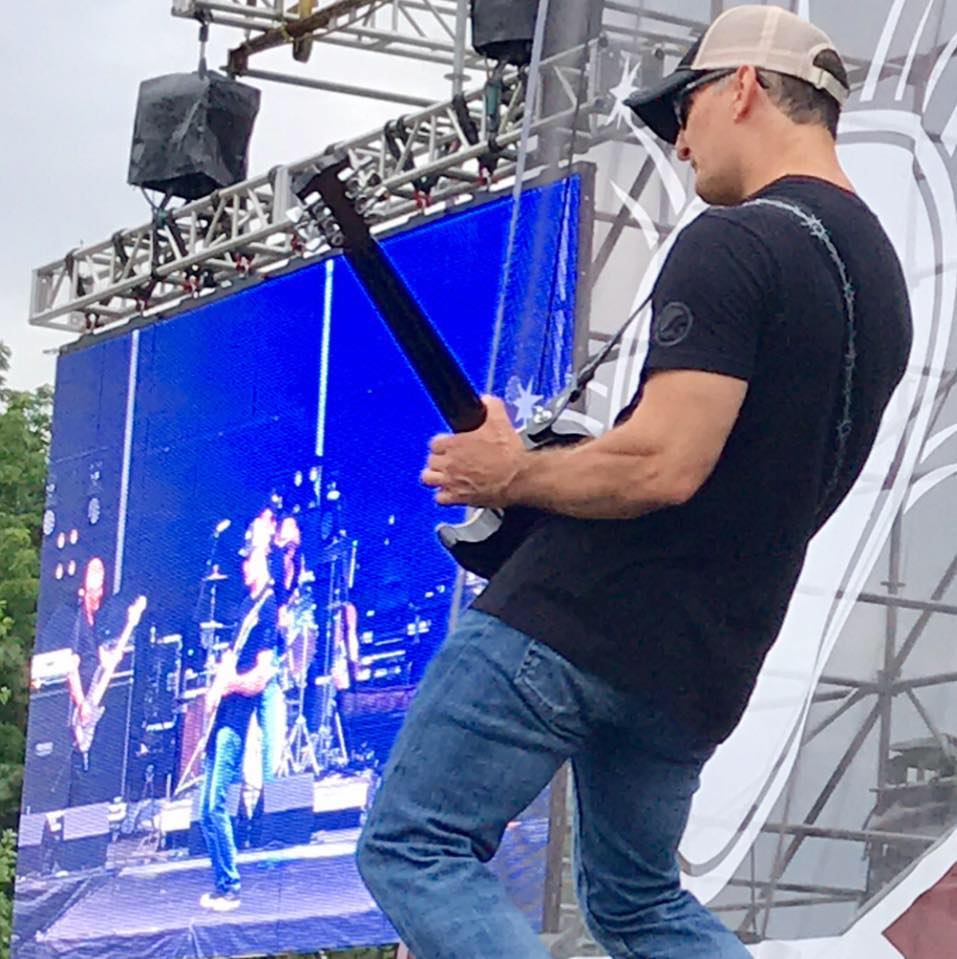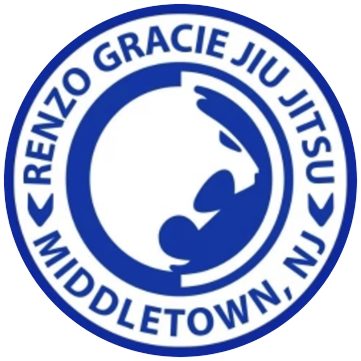Brazilian Jiu Jitsu, or BJJ, is a martial art that has captivated practitioners worldwide. Known for its emphasis on ground fighting and submissions, BJJ is both an effective self-defense system and a transformative fitness practice. Unlike striking-based martial arts, Brazilian Jiu Jitsu focuses on leverage and technique, making it a discipline that anyone—regardless of size, age, or athletic ability—can learn and benefit from.
At Renzo Gracie Jiu Jitsu Middletown NJ, we teach Brazilian Jiu Jitsu to students of all levels, introducing them to the art’s physical and mental benefits. If your goal is to get in shape, learn self-defense, or take on a new challenge, BJJ is a practice that can enrich your life in countless ways.
The Origins of Brazilian Jiu Jitsu
Brazilian Jiu Jitsu traces its roots back to Japanese Jiu Jitsu and Judo, which were introduced to Brazil in the early 20th century by Mitsuyo Maeda, a master of the arts. Maeda passed on his knowledge to Carlos Gracie, who, along with his younger brother Helio, adapted and refined the techniques to create what we now know as Brazilian Jiu Jitsu.
The Gracie brothers emphasized leverage and body mechanics over brute strength, making their style effective for smaller individuals facing larger opponents. This approach made BJJ particularly valuable as a self-defense system, and it quickly gained recognition for its practicality. Over the decades, Brazilian Jiu Jitsu evolved further, becoming a cornerstone of mixed martial arts (MMA) and a popular practice for people seeking fitness, self-defense, and personal growth.
The Principles of Brazilian Jiu Jitsu
Brazilian Jiu Jitsu is based on several fundamental principles that guide its techniques and strategies. At its core, BJJ is about using leverage, positioning, and technique to control or neutralize an opponent. Unlike martial arts that rely on strikes, BJJ focuses on grappling, with the goal of taking the fight to the ground and achieving a dominant position.
One of the key principles of Brazilian Jiu Jitsu is leverage. By applying force in the right way, a smaller or weaker person can overcome a larger opponent. Another important concept is control—students learn to establish dominant positions before attempting submissions such as chokes or joint locks. This methodical approach emphasizes precision and strategy, making BJJ a dynamic and cerebral martial art.
The adaptability of Brazilian Jiu Jitsu is another reason for its widespread appeal. Techniques can be adjusted to suit individual needs, whether for self-defense, competition, or recreational practice.
The Physical Benefits of Brazilian Jiu Jitsu
Brazilian Jiu Jitsu provides a full-body workout that improves strength, endurance, flexibility, and coordination. The physical demands of grappling engage multiple muscle groups, helping practitioners build functional fitness that supports both athletic performance and daily activities.
Students often notice improved cardiovascular health as they progress in their training. The constant movement during practice, combined with the intensity of live sparring sessions, strengthens the heart and lungs while boosting overall stamina. Regular training also enhances flexibility, which is vital for executing techniques effectively and preventing injuries.
For individuals looking to maintain a healthy weight or tone their bodies, Brazilian Jiu Jitsu is an excellent choice. The combination of physical activity and mental focus makes each session engaging, ensuring that students stay motivated and consistent in their fitness journey.
Self-Defense and Practical Application
One of the most compelling reasons to practice Brazilian Jiu Jitsu is its effectiveness as a self-defense system. Unlike traditional martial arts that rely on strikes, BJJ teaches students how to neutralize threats through grappling, positioning, and submissions.
In real-life situations, physical altercations often end up on the ground. Brazilian Jiu Jitsu prepares practitioners for these scenarios by teaching them how to control an attacker, escape from dangerous positions, and apply techniques that render the opponent incapable of continuing the fight.
At Renzo Gracie Jiu Jitsu Middletown, we emphasize practical applications that can be used in everyday life. Students learn how to stay calm under pressure, assess their surroundings, and make smart decisions in high-stress situations. These skills not only build confidence but also empower students to protect themselves and others.
Mental Growth and Problem-Solving
Brazilian Jiu Jitsu is often described as a “physical chess match” because of the strategy and problem-solving involved in every move. Practitioners must think several steps ahead, adapting to their opponent’s actions while planning their own. This mental engagement keeps the mind sharp and enhances critical thinking skills.
Learning BJJ also requires focus and discipline. Students must pay attention to details, practice techniques repeatedly, and develop patience as they progress. This process fosters mental resilience and the ability to stay composed under pressure—qualities that carry over into other areas of life, from work to personal relationships.
The challenges of Brazilian Jiu Jitsu can be humbling, but they also teach valuable lessons about perseverance. Every time a student struggles with a technique or gets submitted during sparring, they have the opportunity to learn and grow. This mindset of continuous improvement helps build mental toughness and self-confidence.
The Community Aspect of Brazilian Jiu Jitsu
One of the unique aspects of Brazilian Jiu Jitsu is the sense of camaraderie it creates among practitioners. Training sessions often involve working closely with partners, which builds trust, mutual respect, and a shared sense of accomplishment.
At our school, students form a supportive community where success is encouraged at every level. Beginners stepping onto the mat for the first time and experienced practitioners refining their skills will find a welcoming environment that values growth and connection.
The relationships built in Brazilian Jiu Jitsu extend beyond the dojo. Many students find that their training partners become lifelong friends, creating a network of support that enriches their lives both on and off the mat.
Who Can Train in Brazilian Jiu Jitsu?
Brazilian Jiu Jitsu is for everyone, regardless of age, fitness level, or experience. At Renzo Gracie Jiu Jitsu Middletown, we offer programs tailored to meet the needs of all students, from kids and teens to adults and seniors.
Children benefit from BJJ by developing discipline, confidence, and social skills in a structured and engaging environment. Teenagers find it a great outlet for stress and a way to build resilience during an important stage of their lives. Adults appreciate the combination of fitness, self-defense, and mental growth, while older practitioners enjoy the low-impact nature of BJJ that supports mobility and overall health.
No matter where you are in life, Brazilian Jiu Jitsu can be a valuable addition to your routine.
Why Choose Renzo Gracie Jiu Jitsu Middletown NJ?
Since 1998, our school has been a trusted leader in martial arts training. Located at 205 Harmony Rd, Middletown, NJ, our state-of-the-art facility provides a welcoming environment where students can thrive.
Our experienced instructors are committed to helping each student achieve their goals, from mastering the fundamentals of BJJ to competing at advanced levels. With classes tailored to all skill levels and age groups, Brazilian Jiu Jitsu is made accessible and enjoyable for everyone.
Take on a New Challenge with Brazilian Jiu Jitsu
If you’re ready to experience the benefits of Brazilian Jiu Jitsu, contact Renzo Gracie Jiu Jitsu Middletown NJ today to learn more about our programs or schedule a visit. If your goal is to improve fitness, learn self-defense, or take on a new challenge, BJJ is an art that can transform your life.















































